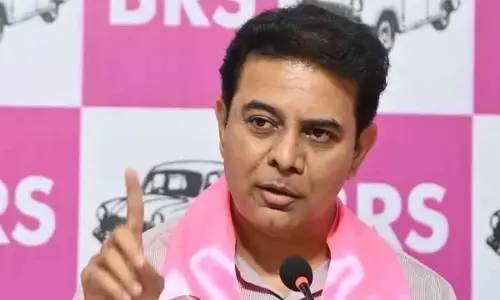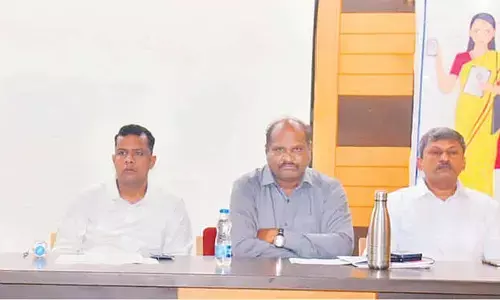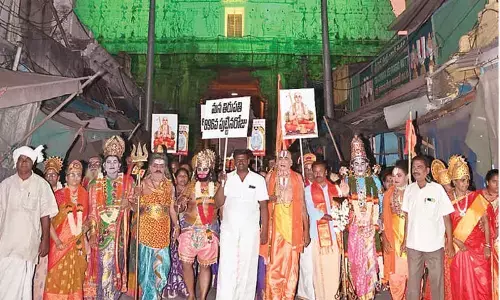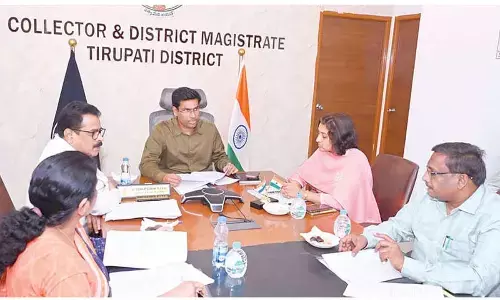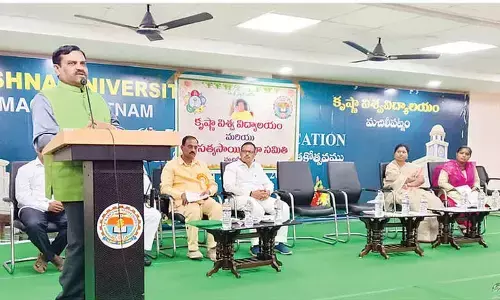Fair ways of dispute resolution

Arbitrators play an important role, by providing an opportunity for both parties to reach a settlement, concluded by an impartial, independent and fair, third party with adequate legal credentials and experience.
Disputes and disagreements are common features of life. Very often, they can be settled amicably, on a one-to-one basis, given a give-and-take spirit. On occasion, however, the need for intervention, by third party, may arise, to establish common ground between the parties involved. While minor matters are usually resolved at the local level, matters of an important nature, involving complex legal issues or heavy stakes, may have to be taken to courts of law for resolution. So is the case with divorce in regard to parenting time.
In July 2009 the Supreme Court of New Jersey allowed parents the additional option of resolving issues such as custody and parenting time through arbitration. At times, parents prefer submitting their issues to an arbitrator because of the flexibility they can enjoy in choosing the arbitrator versus a judge whom they cannot hand-pick. Another component of this flexibility is the facility parties have to schedule their time with the arbitrator instead of being available at the court's direction.
Experience has shown, particularly in India, that litigation in courts drags on, for years on end, in courts of law, especially so in civil matters involving disputes between parties, whether individuals or institutions.
Court proceedings are time-consuming, cumbersome, expensive and unpredictable in terms of consequences. Very often, in order to save time, as well as money, many parties opt for an out of court settlement. It is in these matters that arbitrators play an important role, by providing an opportunity for both parties to reach a settlement, concluded by an impartial, independent and fair, third party with adequate legal credentials and experience. Such an arrangement is also known as an alternative dispute resolution arrangement. Parties prefer such a route on account of the fact that the proceedings are confidential, less formal and less stressful than court room proceedings. One such method is arbitration.
Abraham Lincoln said, "discourage litigation, persuade your neighbours to compromise whenever you can. Point out to them how the normal winner is often the loser in fees, expenses, cost and time." The process of arbitration usually involves at least one neutral arbitrator, mutually agreed upon by the parties concerned. Being a private proceedings, the details are not open to the public, and there is the advantage of privacy.
An alternative method is to resort to conciliation proceedings which lead to an amicable, swift and cost – efficient settlement. Parties can define the timeframe, the structure and content of the proceedings. Once again, the proceedings are protected from public gaze.
A variant of arbitration is the method of mediation which utilises a neutral mediator, who does not make a judgment, but facilitates discussion between the parties, with a view to finding a solution which is acceptable to both. Such methods of alternative dispute resolution often serve to preserve relationships, and the individuals concerned get what they want without losing friends or business partners.
An award passed by an arbitration has the additional advantage of being final, and not subject to appeal or review by a court of law, except on the grounds of questioning the bona fides of the arbitrator, or wrong appreciation of facts or the law.
In India, summary and quick disposal of criminal as well as civil cases is also facilitated through institutions such as Lok Adalat. Typically, Lok Adalats deal with petty offences, matrimonial cases and motor accident claims
While working as Secretary to Vice President, Justice Hidayatullah, I learned that he had earlier conducted a number of arbitrations. He once showed me a pocket diary with entries showing how he was making close to 2.5 lakhs of rupees per month earlier. One particular entry that had me rolling my eyes in disbelief was about the fees he was paid for settling a dispute between Libya and Chad about oil reserves in the sea. My father, too, used to conduct a number of arbitrations after he had retired from the bench of the High Court of Andhra Pradesh. Although I've had shot at a variety of activities since my retirement from the NDMA close to 10 years ago, I have yet to be an arbitrator in a dispute despite my being a member of the Arbitration Council of India.
An interesting memory from my travels is the time event I visited one of the court rooms in the International Court of Justice in Den Hague. As a joint secretary in the Ministry of Agriculture of the Government of India, I was on a visit to Holland with my Minister for the purpose of studying the flower market at Amsterdam.
Individuals, institutions and countries can also play the role of arbitrators for the purpose of mediation between two parties at conflict with each other. India did that, for instance, in the stand-off between LTTE and Sri Lanka. The United Nations often plays a similar role and even sends peacekeeping forces to ensure that conflict does not recur between two countries after a ceasefire. The United Nations peacekeeping Force also helps hasten the difficult push, from conflict to peace.
The way of solving disputes when a neutral third party is present to amicably find a solution can be traced in various religious texts across the world.
In the Gita, Lord Sri Krishna says to Arjuna: "I envy no one nor am I partial to anyone; I am equal to all." Gita shows how, Sri Krishna was an ideal mediator for the Kauravas and Pandavas, proposing numerous settlements between the two parties to avoid war. When the war happened, he gave his armies to one side and became an advisor of the, other being impartial throughout the process. Sri Krishna was an ideal mediator.
A verse from the Holy Qur'an says, about the process of mediation in a family dispute, "If ye fear a breach between them twain, appoint (two) arbiters, one from his family, and the other from hers; if they wish for peace, Allah will cause their reconciliation: For Allah hath full knowledge, and is acquainted with all things." Another verse goes on to commend "peaceful conflict settlement: within the Islamic community; between Islamic and non-Islamic communities; and between two or more non-Muslim communities."
In mediation, the Christian mediator serves as a third party to help people to engage in God-honoring dialogue to resolve their differences. In arbitration, the Christian arbitrator assists in situations where parties agree to be bound by a decision made on their behalf Arbitration is available in Islamic law as well. Islamic mediation, or Wasaatah, is well established today. The Holy Bible, also exhorts Christians to useful means to resolve disputes amicably, stating that in case of a deadlock, the parties should contact a third neutral party to get their issue resolved.
Non-governmental organisations (NGOs) often play a significant role in the settlement of conflicts. However, in order to play a more effective role in conflict management, they may have to reorient themselves with the requisite attitude and skills, which, of course, should be seen as an additional element of their development work. For some years now, I have been a member of the Arbitration Society of India. But, for some reason or the other, I have yet to be allotted a case to deal with.
Before we stop, I must tell you a story about the magistrate who heard the plaintiff, and was inclined to accept the pleadings. Thereafter, after hearing the defendant, he was quite clear that it was the defence that had a good case. Somewhat confused, the clerk of the court pointed out to the magistrate that the court could not agree with both sides. The magistrate nodded wisely at the clerk and said "yes, you are right too!"
(The writer is former Chief Secretary, Government of Andhra Pradesh)
(The opinions expressed in this column are that of the writer. The facts and opinions expressed here do not reflect the views of The Hans India)




